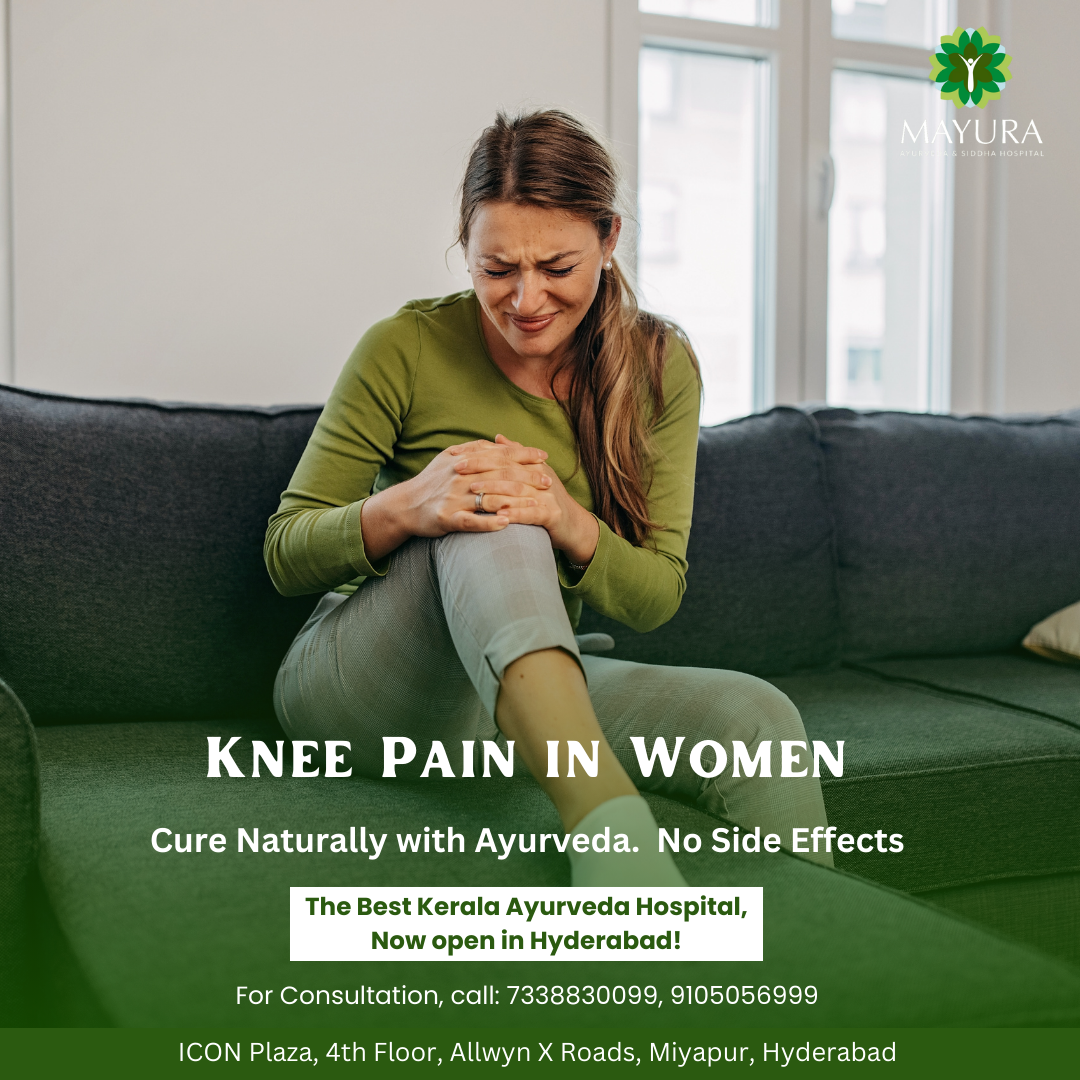Knee pain in women is a prevalent issue, often stemming from various factors. High heels, inadequate footwear, and biomechanical differences contribute to increased stress on women’s knees. Additionally, hormonal changes, especially during pregnancy or menopause, can affect joint health. Obesity is another key factor, as excess weight places additional strain on the knees.
Engaging in regular exercise, particularly activities that strengthen the muscles around the knee, can provide relief. Low-impact exercises like swimming or cycling are gentle on the joints. Maintaining a healthy weight through a balanced diet is crucial for managing knee pain. Physical therapy tailored to address specific muscle imbalances can be beneficial.
Furthermore, proper footwear and orthotic inserts can support the feet and help distribute pressure evenly. Women should be mindful of their posture, avoiding prolonged periods of standing or sitting, as it can contribute to knee discomfort.
In severe cases, medical intervention may be necessary. Consultation with a healthcare professional can determine the underlying cause of knee pain and guide appropriate treatment options. This may include medications, injections, or, in extreme cases, surgery.
By understanding the contributing factors and adopting preventive measures, women can take proactive steps to manage and alleviate knee pain, enhancing their overall quality of life.
















